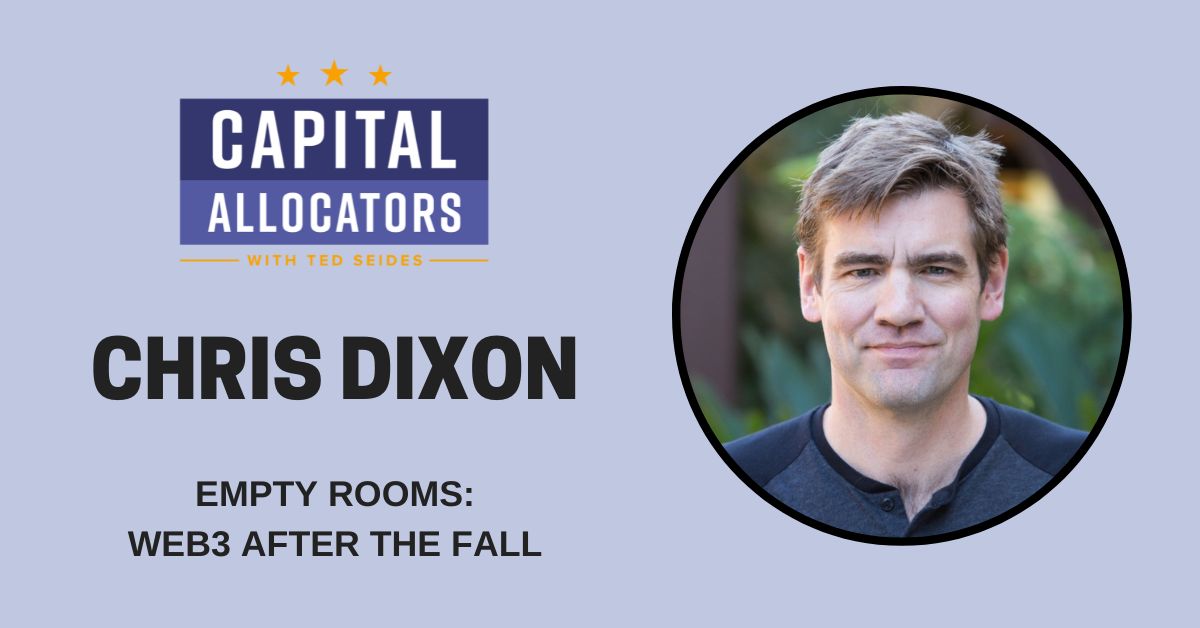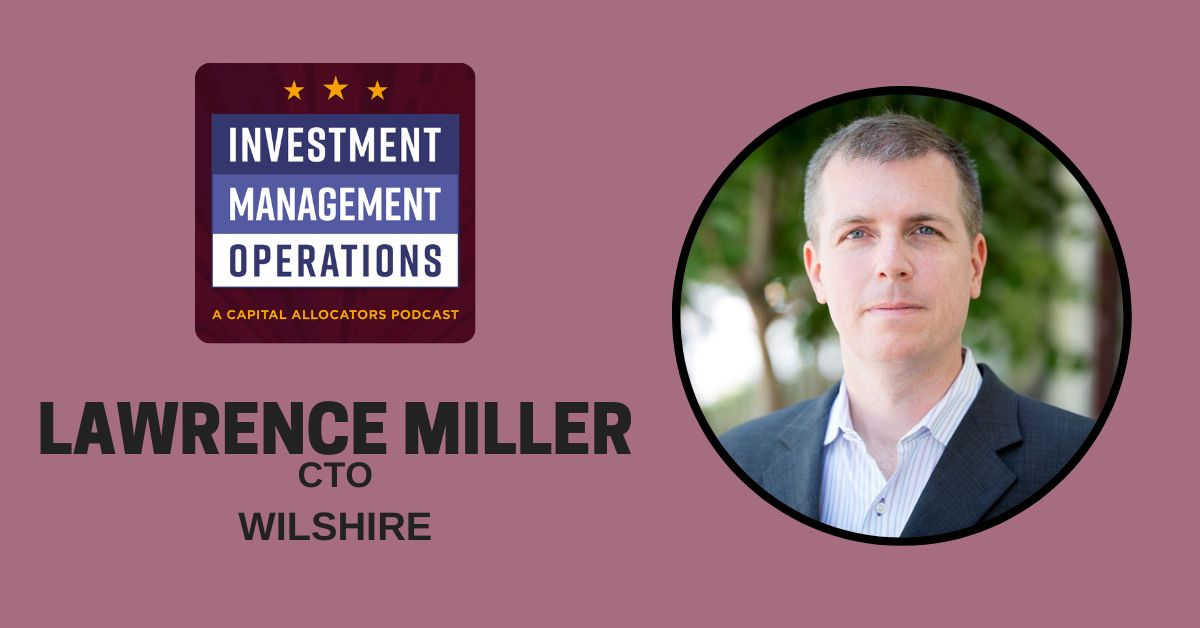
Moneyball for Allocators
Episode Description:
Increased sophistication in manager assessment is an important trend in the search for alpha. My conversations with Michael Mauboussin and Annie Duke suggested frameworks to think about enhanced decision-making processes and prompted a deeper dive into the ways allocators and managers can improve their craft. This week and next explores some of the tools available to help make it happen.
Basil Qunibi is the CEO of Novus Partners, a data analytics company whose mission is to help the world’s top investors generate higher returns. As big data pervades commerce across industries, Novus is the most well-known provider of tools to analyze investment manager performance, allowing allocators to play Moneyball by breaking down the attributes of manager skill. Novus’ 200 clients are split between allocators and hedge fund managers who collectively oversee approximately $3.5 trillion of assets. You can learn more about the company and its service at novus.com
Our conversation starts with Basil’s path to creating Novus and dives into the tools an allocator can use to improve their understanding of a manager’s skill, including the data sets available to allocators, the levers a manager employs in driving returns, the relationship between data and a manager’s process, a framework to analyze crowded names, and future horizons for data-driven assessments of managers.
All opinions expressed by Ted and podcast guests are solely their own opinions and do not reflect the opinion of the firms they represent. This podcast is for informational purposes only and should not be relied upon as a basis for investment decisions.




